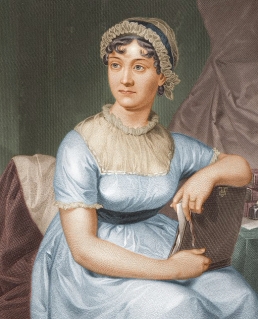Both Mary Wollstonecraft and Jane Austen are concerned with the way women lead their lives. Do you think there is any difference between what Austen and Wollstonecraft propose about how women should spend their time?
Both Mary Wollstonecraft and Jane Austen are concerned with the way women lead their lives.
Mary Wollstonecraft believes that women have an equal right to education as men do. In her A Vindication of the Rights of Woman, Mary expresses her strong beliefs that women play an important role in the passing down of knowledge from one generation to another, and that through education, not only can this knowledge be passed down, but can also be used in order for women to grow wiser. She states that “if she [women] not be prepared by education to become the companion of man, she will stop the progress of knowledge and virtue”. Wollstonecraft believed that for children to be taught to understand “the true principle of patriotism, their mother must be a patriot; and the love of mankind, from which an orderly train of virtues can spring, can only be produced by considering the moral and civil interest of mankind”. This goes to show that if only men have the education, this knowledge cannot also be passed down by women resulting in children only gaining half of the knowledge and perspectives, and therefore, not all women will have the full extent to understand and grow.
While Mary Wollstonecraft believes that women should spend their time gaining an education, Jane Austen’s novel Emma portrays the idea that women should marry while also building upon their own place in society. Jane Austen’s character, Emma, spends her time “match-making” and focusing on her perceived ability to control fate. While it is later proved to Emma that she in fact does not have this ability, marriage is still a major affair in the novel with the women also showing their independence and desire to move up in society and create a name for themselves through marriage and/or wealth.

Greenblatt, Stephen, and M. H Abrams. The Norton Anthology Of English Literature. 9th ed. New York: W.W. Norton, 2012. Print.
Austen, Jane, and George Justice. Emma. 4th ed., New York, W.W. Norton & Co., 2012,.
